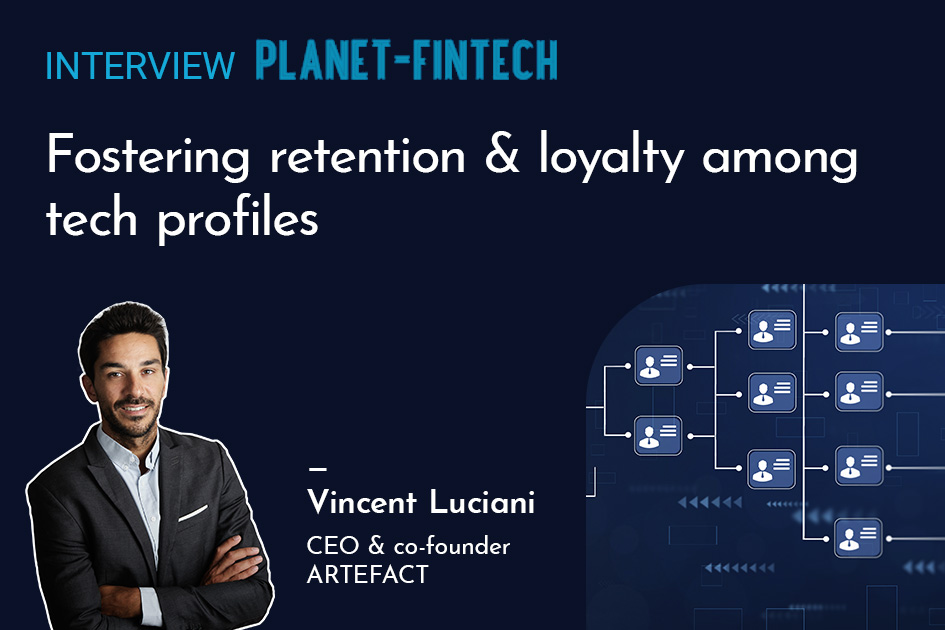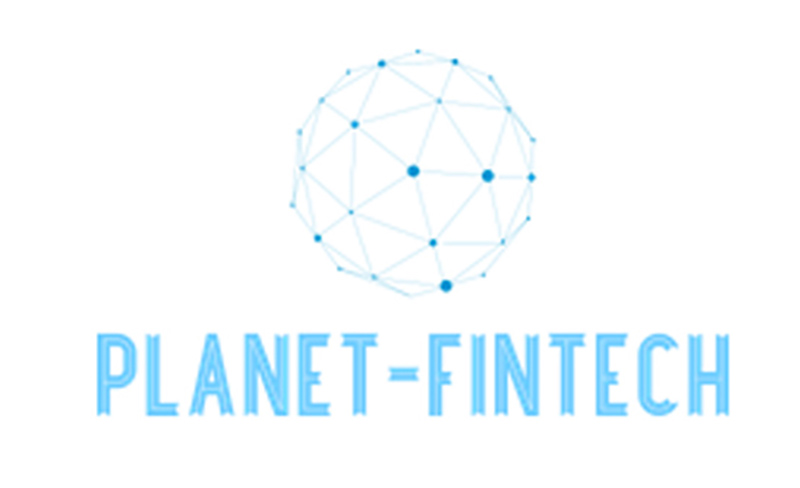Artefact depends on training to retain and promote loyalty among tech profiles. In eight years, Artefact has grown from twenty people working in Paris to more than 1100 employees working across 16 countries. To maintain their company culture in this context of hyper-growth, the founders of this leading data services consulting group rely on decentralized management. In addition to this primary challenge, Artefact must also recruit a considerable number of uncommon and highly sought-after and tech profiles. To attract and retain them, the company focuses on training. Vincent Luciani, CEO of Artefact, discusses the managerial and HR strategies adopted to meet these challenges.
How do you maintain a corporate culture as a company experiencing hyper-growth?
According to the British anthropologist Robin Dunbar, the human brain limits the size of a group of individuals to 150. We very rapidly exceeded this number of employees. To preserve our DNA, that of an agile and flexible company, we decided to operate in a decentralized manner. Our teams, wherever they are in the world, form “chapters” that operate autonomously: they decide on their salaries, recruitment, prices, training and promotions.
This system has the advantage of facilitating decision-making and is consistent with our very entrepreneurial culture. However, it can create silos and result in a loss of perspective on the company’s overall objectives. That’s why we hold regular events to share the experiences of each team, in each country. For example, we have global training days, which are monthly meetings that bring all the countries together to discuss their successes. We also have Friday Debriefs, which are local and more customer-focused.
Meanwhile, your activity requires you to recruit profiles that are both scarce and in high demand by startups and GAFA. How do you make your selection?
The data sector is booming and the number of people trained in these professions is not sufficient to meet the demand. There is real competition for candidates between multinationals, GAFA, startups and consulting firms. And we don’t all have the same means to attract them: GAFA and startups with almost unlimited funds have created a sort of salary dumping.
As a result, we’ve implemented a number of best practices. The first is to offer a training program. Our employees come and remain at Artefact because they’re attracted to the possibility of continuous learning – essential in an industry that is constantly evolving. We offer an average of 100 hours of training per year, based on specific guidelines. Learning and certifications are available on demand and take place on a self-service platform. In addition, we encourage peer-to-peer sharing during specific meetings such as “digital tech coffee” or Debriefs. In addition, all newcomers are sponsored by an older employee for coaching.
We have also designed typical career paths that allow employees to envision their future with the company over the long term. We have Delta paths for sales people and Gamma paths for tech profiles. Traditionally, working in a consulting firm means becoming a manager. However, not everyone aspires to management. The career paths we offer take this into account and also highlight those of 100% tech specialists. We also encourage career changes, so a consultant can become a data analyst and an engineer can become a salesperson, for example. We’ve also introduced more tactical initiatives such as international exchanges. A person who might have only stayed with us for four years will remain for another year if they’re given the opportunity to work in the country of their choice.
What are the results of this particular policy?
We monitor our NPS on several variables on a monthly basis: learning, interest in projects, relationships with peers and impact on clients. This allows us to raise issues from the field and react very quickly, if necessary. That’s how we created our chapters and our salary structure.
Our attrition rate is between four to five years, which is lower than the industry average. We have paid particular attention to the issue of mid-managers, the population most at risk of leaving the company. Becoming a manager entails a total change of profession and posture. This is a valid observation in all companies, and holds particularly true in consulting firms. That’s why we have several measures to retain managers: 50 more hours of training than for other employees, particularly to work on soft skills such as leadership, communication, client management, etc. We also distribute shares to all our managers so they can invest in the company along with us.
Are the mechanisms for attracting and retaining employees the same in each country?
No, and this brings us back to our decentralized operation. For example, we had a very high attrition rate in Shanghai because we were under pressure from BATX (Baidu, Alibaba, Tencent and Xiaomi, the four biggest tech firms in China) In addition, China has become very inward-looking since COVID and has set very high salary taxes for expatriates. So we opened a second office in Shenzu to offer our Chinese employees the opportunity to stay close to home. We also implemented a Synthetic Equity system, a delayed bonus on the company’s EBITDA performance which is very common in Chinese startups.
Our telecommuting policy varies greatly from one country to another. The volume of telecommuting is higher in the US and Brazil, for example. Telecommuting is generally important to attract and retain the profiles we seek, no matter where in the world they’re located.
Is the search for meaning, much talked about since the pandemic, important for your employees?
Absolutely, and our focus is based on three pillars. The first is our business itself: we have a number of data projects concerning the reduction of carbon impact, the reduction of inventories or the optimization of raw materials for our customers. We will also be organizing hackathons in five CAC 40 companies next year. These events, co-created with Google, are designed to help them find use cases related to the environment.
The second pillar is our “impact” program, the cornerstone of which is our school of data. Our goal is to help 1,000 people change careers by 2025. Participants are supported by volunteer employees who help them find jobs, pass interviews, maintain their networks, etc.
Our last pillar involves working on the ethics of Artificial Intelligence. We are financing the Good in Tech chair, to work on limiting bias in AI.

Interested in Data Consulting | Data & Digital Marketing | Digital Commerce ?
Read our monthly newsletter to get actionable advice, insights, business cases, from all our data experts around the world!
 NEWS
NEWS


